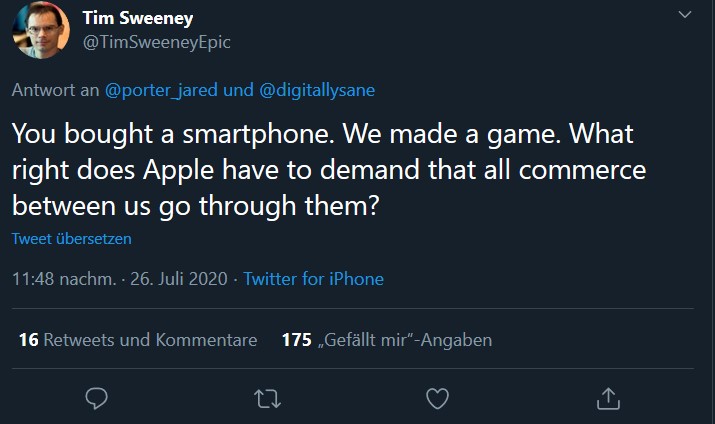Hmm.. that kinda sucks. I am asking because Griftlands costs 139 SEK and to use the 95 SEK off coupon the game needs to be over 149 SEK. Which translate to 15 dollars to get 10 dollars off. The game costs 20 dollars in USA
Keep the coupon for a later use (it is valid till early November if I remember right), and purchase the game on Steam instead.








 [/UWSL]
[/UWSL]
